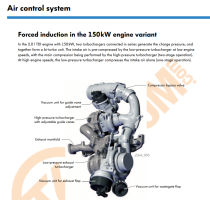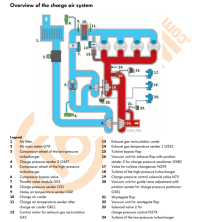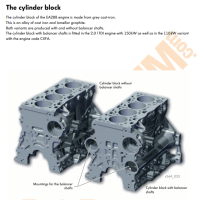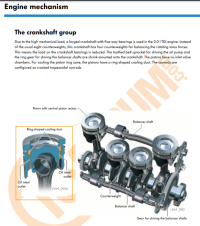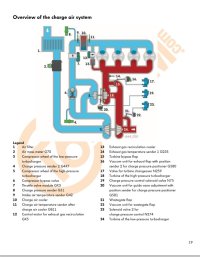I guess it's my turn?
Driving up to Caravan and Camping Show, coil light starts flashing, ad blue suddenly low (topped up fully one week prior), no power. Engine temp fine, oil fine, engine sounds fine. Turned around and went home.
Brought to a VAG specialist garage, they say:
- split vacuum hose, repaired
- seized small turbo, needs rebuilding or replacement (apparently VW part is £2,400 - I plan to check TPS myself)
- best to rebuild large turbo at same time
- can't see why turbo failed
- £2,300 - £3,000 for rebuilt turbos, oil/filter change, labour, including VAT.
It is just me, or is this f***ing mental.
Worth knowing.
- Revo remap done by same company 1 year ago.
- Van has always (in my ownership - 2 years) used up to 1L of oil per 1,000 miles.
- I had a odd whine/whirring sound from the turbos before, when manoeuvring the van. Mechanic listened to it... decided it wasn't a concern. Backpressure or something...
- I'm at about 125,000 miles.
- I drive slower than your grandma. I mean it. I set the cruise at 55 or 60 and chill.
I've read as much I can from similar discussions here - vans with similar symptoms and the solutions.
This post about hot oil leaking through with the exhaust gasses melting the turbo fin tips is interesting. I wonder if this is the work I need doing.

 www.t6forum.com
www.t6forum.com
The money is a wind up... but TBH, I was waiting for my turn, whether it be DPF, EGR, DMF... I'm most concerned about getting my engine sorted so that I can again be fully confident in its reliability. Big plans for Holland, Germany, Switzerland, Italy and beyond this summer... I need to be able to trust.
Do you have any wisdom to share?
- Are these figures about right?
- Should I bring my T6 to a VW van centre? (Not close and possibly not safe to drive there.)
- Why am I using so much oil? How do I fix this?
- Why has my turbo failed?
- Am I better off with a new turbo or a rebuilt one?
- If I source a turbo directly from TPS, will I save money?
Oh, my fault codes according to Carista.
P0299 (Pending) - Turbocharger/Supercharger "A" underboost condition
Vehicle specific fault codes for the engine:
23957
25958
33262
31103
Thanks in advance for wisdom and advice.

Driving up to Caravan and Camping Show, coil light starts flashing, ad blue suddenly low (topped up fully one week prior), no power. Engine temp fine, oil fine, engine sounds fine. Turned around and went home.
Brought to a VAG specialist garage, they say:
- split vacuum hose, repaired
- seized small turbo, needs rebuilding or replacement (apparently VW part is £2,400 - I plan to check TPS myself)
- best to rebuild large turbo at same time
- can't see why turbo failed
- £2,300 - £3,000 for rebuilt turbos, oil/filter change, labour, including VAT.
It is just me, or is this f***ing mental.
Worth knowing.
- Revo remap done by same company 1 year ago.
- Van has always (in my ownership - 2 years) used up to 1L of oil per 1,000 miles.
- I had a odd whine/whirring sound from the turbos before, when manoeuvring the van. Mechanic listened to it... decided it wasn't a concern. Backpressure or something...
- I'm at about 125,000 miles.
- I drive slower than your grandma. I mean it. I set the cruise at 55 or 60 and chill.
I've read as much I can from similar discussions here - vans with similar symptoms and the solutions.
This post about hot oil leaking through with the exhaust gasses melting the turbo fin tips is interesting. I wonder if this is the work I need doing.

2017 204 oil consumption issues [Resolved]
Hi all Im new to the transporter game, I have had this issue also on my 67 plate sportline I bought back in January. It failed the consumption test last week ( managed 140 miles before the oil light came on ) and have been told it’s a new engine job. I luckily have a couple of weeks warranty...
The money is a wind up... but TBH, I was waiting for my turn, whether it be DPF, EGR, DMF... I'm most concerned about getting my engine sorted so that I can again be fully confident in its reliability. Big plans for Holland, Germany, Switzerland, Italy and beyond this summer... I need to be able to trust.
Do you have any wisdom to share?
- Are these figures about right?
- Should I bring my T6 to a VW van centre? (Not close and possibly not safe to drive there.)
- Why am I using so much oil? How do I fix this?
- Why has my turbo failed?
- Am I better off with a new turbo or a rebuilt one?
- If I source a turbo directly from TPS, will I save money?
Oh, my fault codes according to Carista.
P0299 (Pending) - Turbocharger/Supercharger "A" underboost condition
Vehicle specific fault codes for the engine:
23957
25958
33262
31103
Thanks in advance for wisdom and advice.


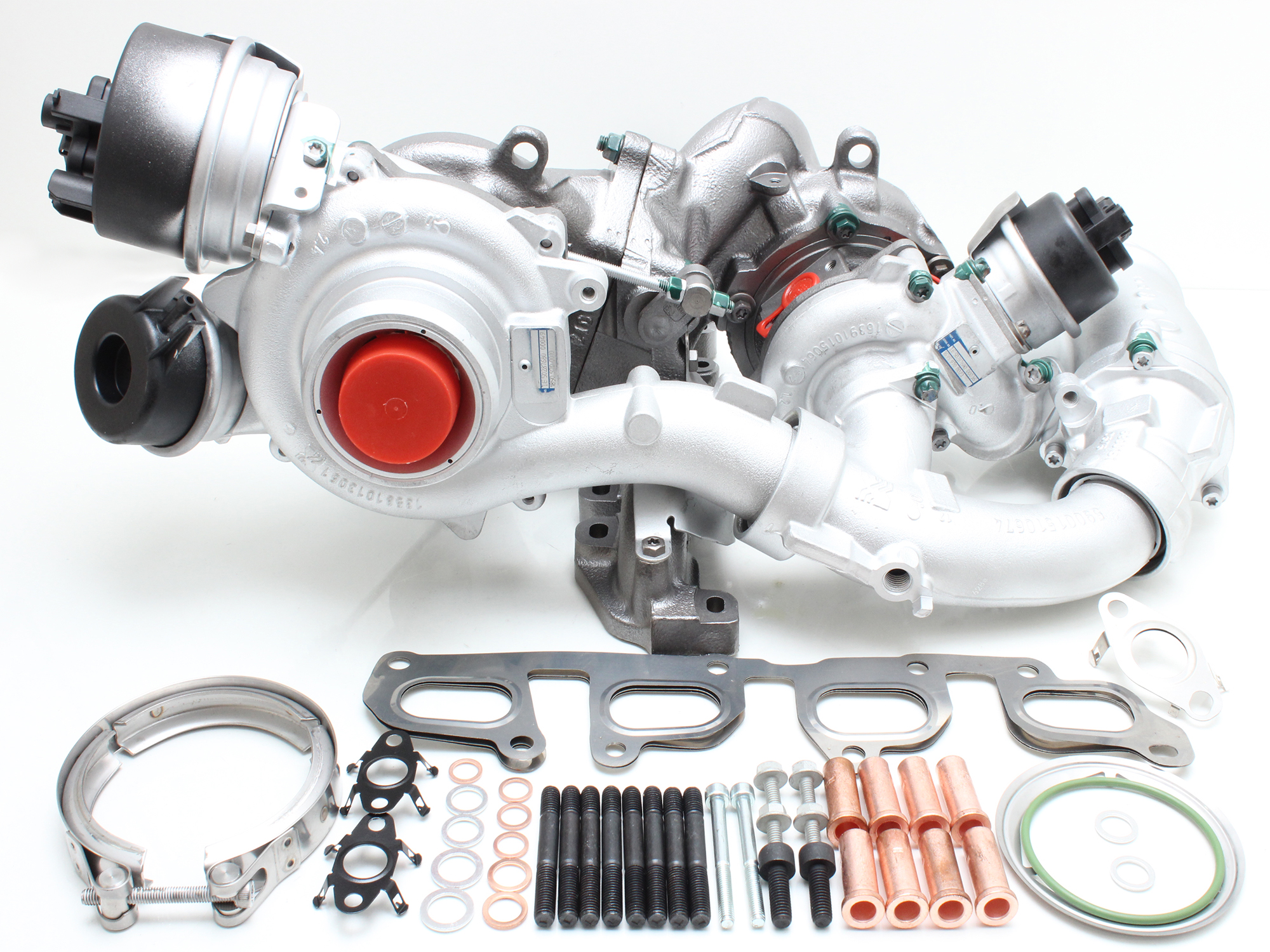
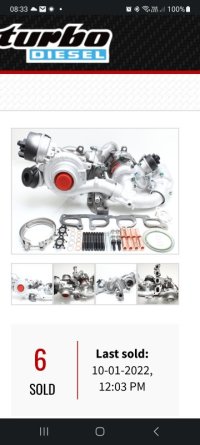
 I had a Ford Escort re mapped many moons ago. The engine explosion on a German autobahn
I had a Ford Escort re mapped many moons ago. The engine explosion on a German autobahn  was just epic! OCD now!
was just epic! OCD now!